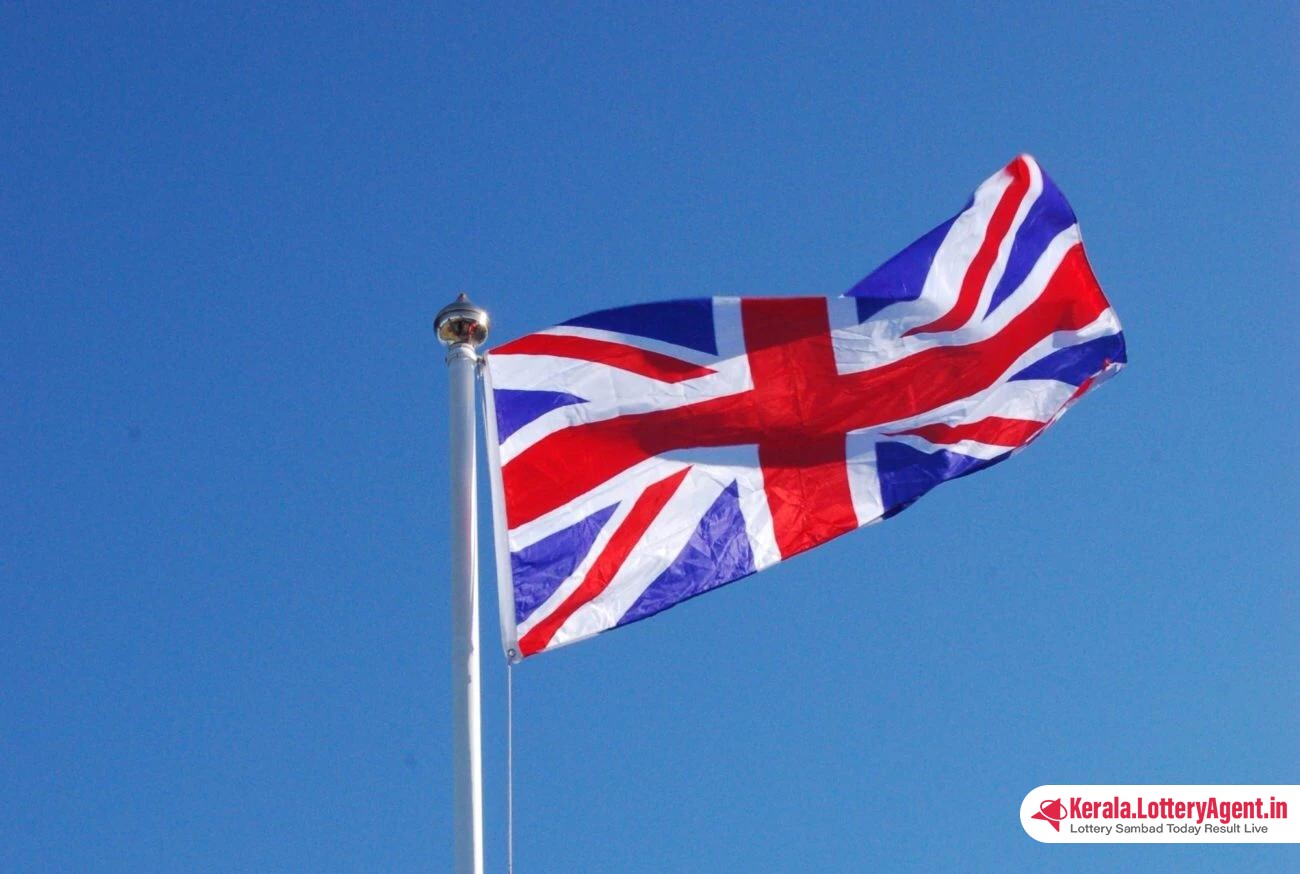
The UK is poised to set a new precedent in online gaming regulation with an upcoming legislative change. From September, the government will implement a measure that singles out a specific demographic — individuals under the age of 25 — and places a £2 cap on their stakes when playing online slot games. This initiative not only marks the first-ever stake limitation for online slots in the nation but also signals a significant stride by authorities in addressing concerns around online gambling and youth protection.
In what has been described as a “landmark” move, the UK leadership emphasizes that this policy reflects its commitment to safeguarding young players from the pitfalls of gambling addiction. By capping bets at a modest amount, the intention is to curtail the potential losses that younger gamblers could incur, which can often spiral into life-disrupting levels of gambling debt.
The action targeting this age group arises from research indicating that young adults are particularly vulnerable to the lures of gambling. The immersive and often aggressive marketing tactics employed by online gaming platforms have been shown to snag the attention and the wallets of a younger, tech-savvy audience. The convenience and ubiquity of smartphones and the internet have exacerbated this phenomenon, leading to an increase in gambling habits amongst young people.
Digital slots, known for their rapid play-rate and high stakes, pose an especially pronounced risk. These games can yield a potentially endless stretch of bets in a short period, heavily capitalizing on impulse decisions, which, when unchecked, can engender harmful gambling behavior. This risk is amplified by the often solitary nature of online gambling, where the lack of physical presence and social controls present in traditional in-person betting surroundings are absent.
By setting the £2 maximum stake, the government aims to introduce a level of constraint that helps manage these risks. The measure hopes to dissuade continuous and high-volume betting, preventing the kind of quickfire play that can lead to sizeable losses before a player has the opportunity to reflect on their actions.
There are, inevitably, wider implications to this decision beyond the scope of player protection. The online gambling industry, which has flourished in the digital age, may find this move to constrain their profitability from a customer base that is often seen as lucrative. On the other hand, it could also drive companies to adjust their business models to focus on a broader, more responsible, adult gaming experience.
Government officials have hailed the impending measures as a balance between maintaining the vitality of the gambling sector and ensuring the mental and financial health of its youth. They underline their ongoing commitment to monitoring the outcomes of this policy and maintaining a dynamic response to the evolving landscape of online gambling.
This legislation is just the latest in a series of actions taken by the UK government to regulate the gambling industry more tightly. Previous measures have included stricter age verification checks and enhanced customer identification processes, designed to prevent underage gambling and flag potentially problematic gaming behaviors.
Further details regarding the enforcement and compliance of this cap on stakes are expected to emerge in the lead-up to the law’s implementation in September. As the expanse of the digital realm continues to evolve, so too does the need for responsive regulation that can protect those most susceptible to its harms.
The UK’s forthcoming cap on online slot stakes for under 25s underscores a growing recognition of the unique challenges posed by the intertwining of technology and gambling. As this landmark legislation comes into effect, it will be closely watched by both industry stakeholders and global regulatory bodies as a potential blueprint for future gambling controls in the digital age. More to follow.












